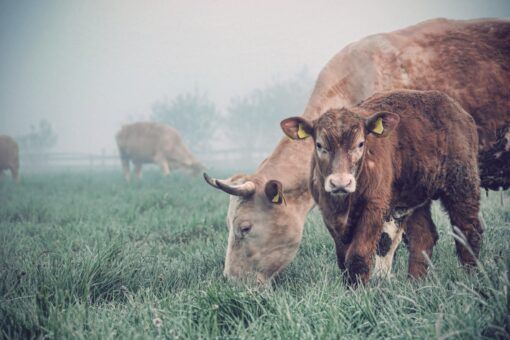Report1st December 2021

The introduction of new technologies into food and farming must be aligned with public and animal interests. This should be as part of an overall vision for a food and farming system that supports, promotes, and rewards sustainable farming with high standards of animal welfare.
In this report, we propose five principles to guide the development of food and farming systems and the introduction of new breeding technologies for farmed animals. We then make a number of recommendations to the UK Government, animal breeders, major food retailers, research funders, and others involved in shaping the food and farming industries, both in the UK and internationally.